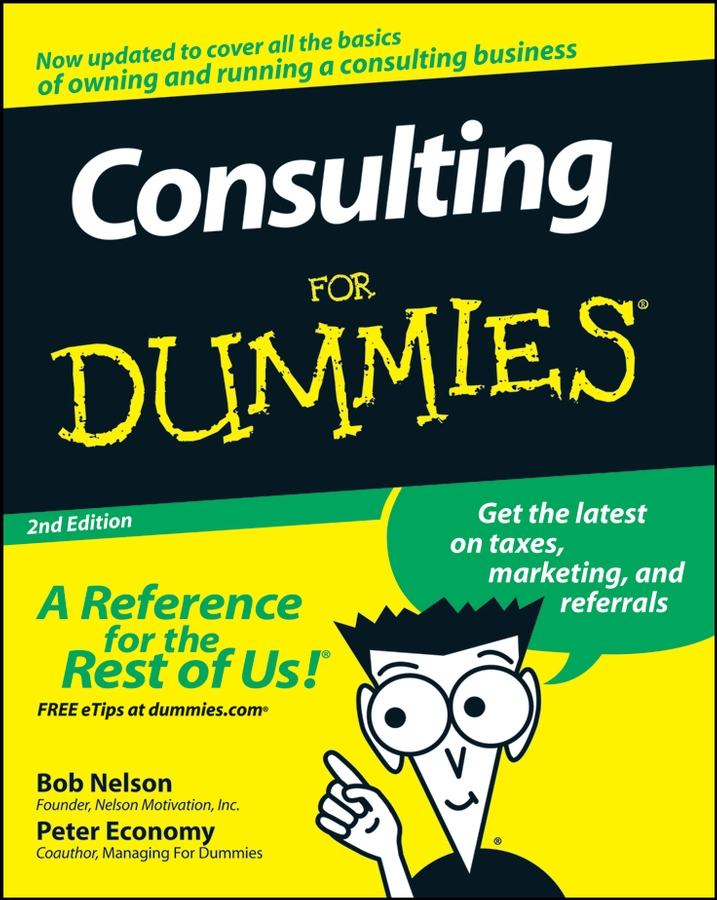Careers in accounting are diverse and can be lucrative. In our highly developed economy, many people work in accounting-related fields. In fact, nearly 2 million people make their living as bookkeepers, accountants, and auditors. They work for businesses, government agencies, nonprofit organizations, and other organizations and associations.
Certified public accountant (CPA)
In the accounting profession, the mark of distinction is to be a CPA, which stands for certified public accountant. The term public means that the person has had some practical experience working for a CPA firm; it doesn't indicate whether that person is presently in public practice (as an individual CPA or as an employee or partner in a CPA firm that offers services to the public at large) rather than working for one organization.
To become a CPA, you must graduate with an accounting major in a five-year college program (in most states), and pass the national, computer-based CPA exam. You also must satisfy professional employment experience; this requirement varies among states, but generally is one or two years.
After satisfying the education, exam, and experience requirements, you get a CPA certificate. More important, you get a permit from your state to practice as a CPA and offer your services to the public. States require continuing education hours to maintain an active CPA permit.
Controller: The chief accountant in a business
The top-level accounting officer in a business organization is usually called the controller. The controller designs the entire accounting system of the business and keeps it up-to-date with changes in the tax laws and changes in the accounting rules that govern reporting financial statements to outside lenders and owners.
Controllers are responsible for hiring, training, evaluating, promoting, and sometimes firing the persons who hold the various bookkeeping and accounting positions in an organization — which range from payroll functions to the several different types of tax returns that have to be filed on time with different government agencies.
The controller is the lead person in the financial planning and budgeting process of the business organization. Furthermore, the controller designs the accounting reports that all the managers in the organization receive — from the sales and marketing managers to the purchasing and procurement managers. These internal reports should be designed to fit the authority and responsibility of each manager; they should provide information for managers’ decision-making analysis needs and the information they need to exercise effective control.
The controller also designs and monitors the accounting reports that go to the business’s top-level vice presidents, the president, the chief executive officer, and the board of directors. All the tough accounting questions and problems get referred to the controller.
Smaller businesses may employ only one accountant. In many cases, a small company’s full-time bookkeeper or office manager carries out many of the duties that would be done by the controller in a larger organization. Smaller businesses often call in a CPA for advice and help.
The organizational charts of larger businesses usually put their controller under their vice president for finance, or chief financial officer (CFO). The accounting functions in a business are integrated with and work in close coordination with its financial, treasury, and secretary functions.
Accounting as a springboard to other careers
Many CPAs move on to other careers. An article in the Journal of Accountancy featured former CPAs who moved on to other interesting careers. One became a Harley-Davidson dealer, another a high school teacher, another an auto racing track owner, and another a physical fitness coaching business owner. Serving time as a CPA is a good springboard to many careers.
If you’re interested in accounting, you may think about getting a Ph.D. in accounting and becoming an accounting professor. The starting salaries for new assistant professors of accounting are well into six digits.

